Judul : Hong Kong court to rule on appeals in city’s largest national security case within 9 months
link : Hong Kong court to rule on appeals in city’s largest national security case within 9 months
Hong Kong court to rule on appeals in city’s largest national security case within 9 months
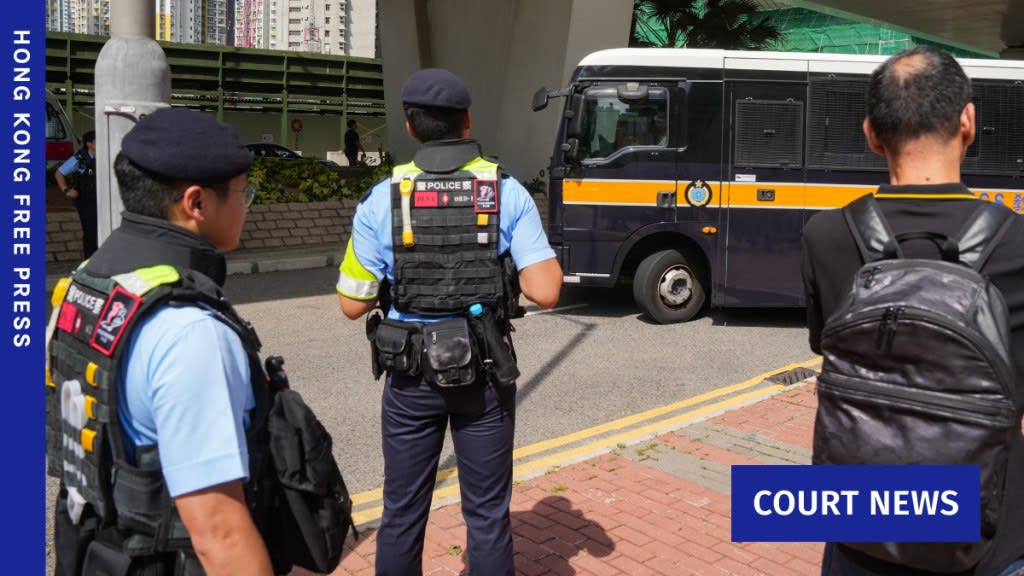
A Hong Kong court will rule within nine months on whether to grant pro-democracy activists in the city’s largest national security case the chance to appeal, a judge has said.
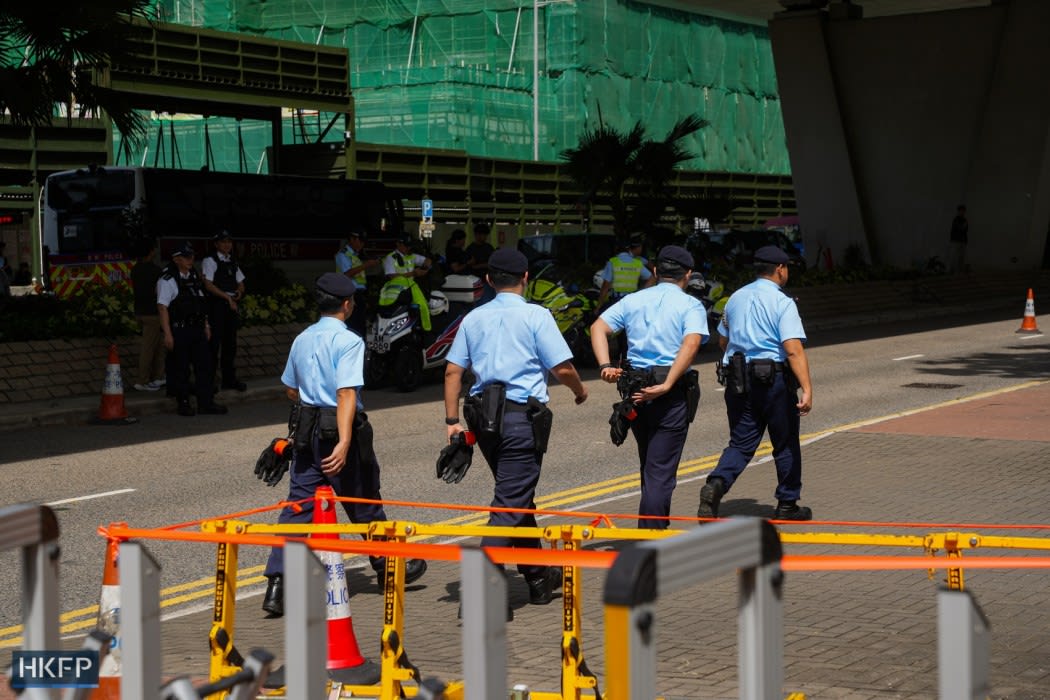
The 12 democrats seeking appeals were among a group of 45 activists – including former lawmakers and district councillors – convicted last year for conspiring to commit subversion over their role in an unofficial primary election in 2020. Two others were acquitted.
After the court heard submissions from the democrats’ lawyers, and the prosecution’s assertion that the case involved an “unprecedented” conspiracy, Court of Appeal judge Jeremy Poon said he and the other two judges presiding over the case, Anthea Pang and Derek Pang, would deliver a decision within nine months.
Representing former Democratic Party lawmakers Helena Wong and Lam Cheuk-ting, barrister Erik Shum said on Thursday that his two clients should be considered “other participants” in the case instead of “active participants,” which is what the trial judges categorised them as.
Shum was referring to a three-tier system under the national security law, which states three categories of offenders according to their degree of participation. “Other participants” is the lowest tier, while “active participants” is the middle tier.
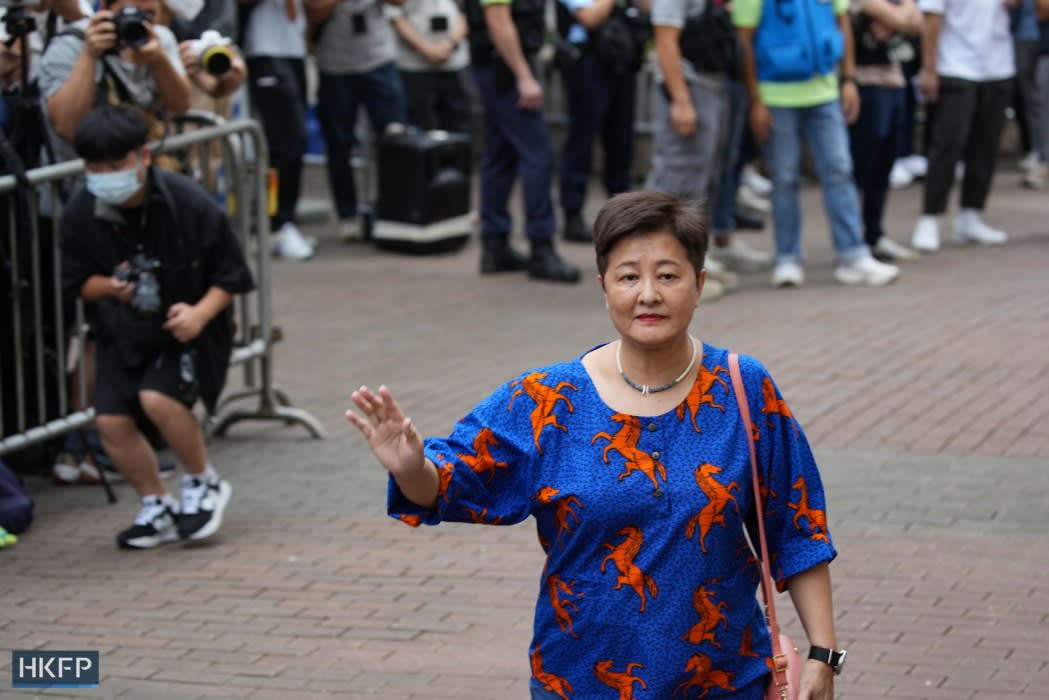
Wong was jailed for six and a half years, and Lam for six year and nine months.
Shum said both Wong and Lam were “traditional democrats” who each served in the legislature for eight years and did nothing to advocate vetoing the government budget, Shum argued.
Shum also made submissions on the “impossibility” of the conspiracy — that it was highly unlikely that the democrats could secure a majority in the Legislative Council due to the composition of the legislature. “To surmount all these hurdles is almost impossible,” he said.
Representing activist Owen Chow, barrister Steven Kwan asked the appellate court judges to consider whether Chow’s overall sentence, in conjunction with a separate jail term for rioting, was “crushing.”
Chow was sentenced last March to over five years for storming the legislature on July 1, 2019. During sentencing for the national security case, the judges ordered that his jail term be served separately from the riot case instead of at the same time, meaning he faces an almost 13-year jail term.
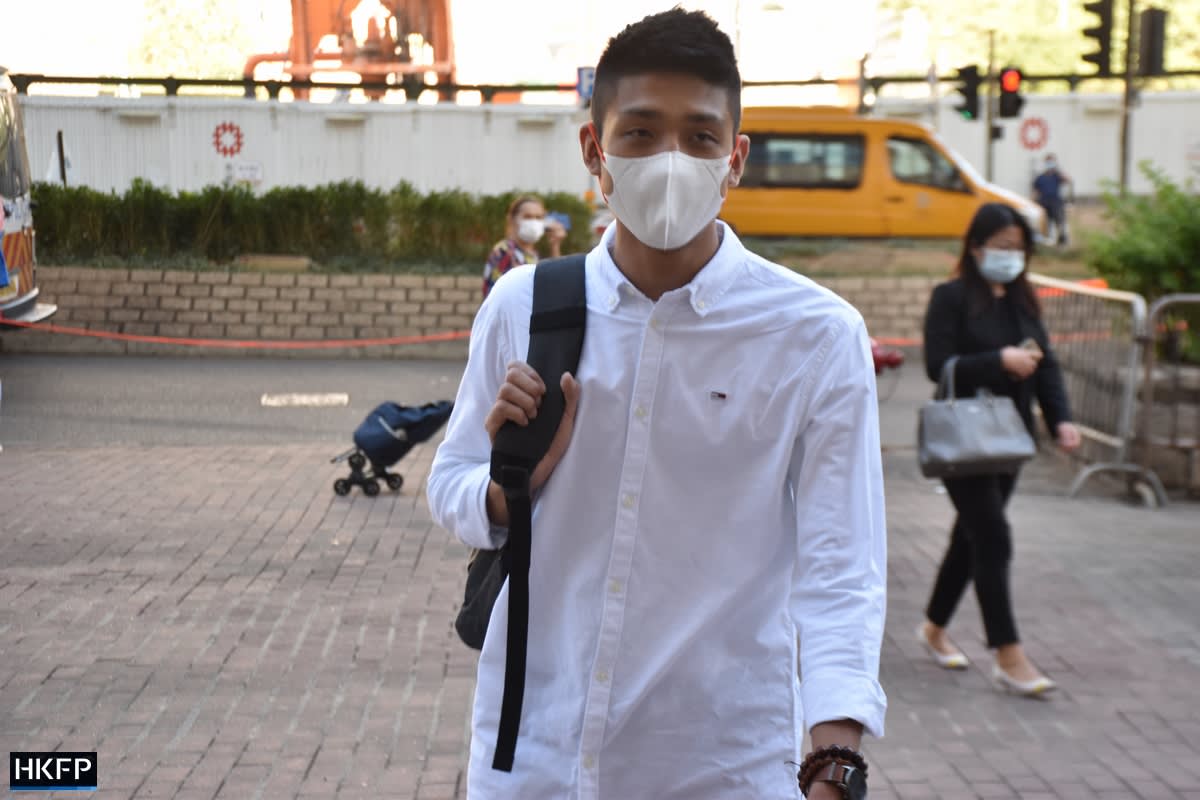
“There is a certain connection between the two, between the riot case and subversion case — the connection is that he could not use lawful means to create a change in the government,” Kwan said.
The court, he added, should consider whether that jail term would be a “crushing” sentence on “a young person just graduated from school with no social experience at all.”
‘For the good of Hong Kong’
Senior Counsel Robert Pang, representing ex-unionist Winnie Yu, who was sentenced to six years and nine months in jail, said the trial court had not taken an “individualised sentencing approach.”
Pang said: “Taking a starting point of seven years indistinguishable from any particular defendant for his or her role is an easy way out, but is a departure from what the court needs to do.”
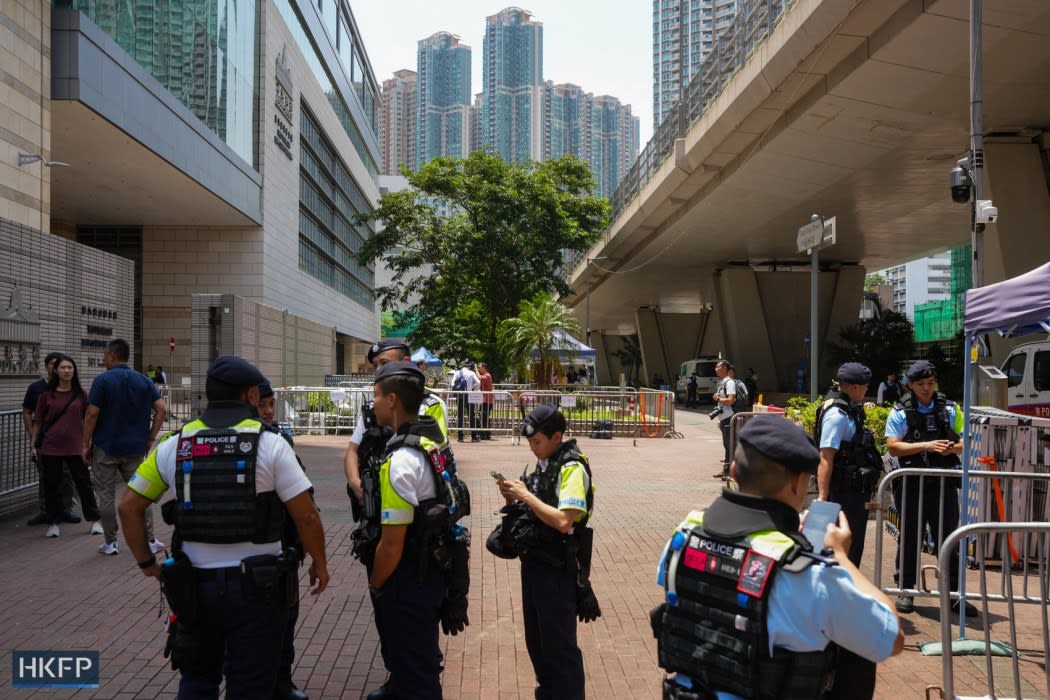
He also asked the appeal judges to consider whether the defendants committed the subversion offence “in a misguided sense of what was for the public good.”
“The scheme was not to cause anarchy and bring down the government as the judges below said. It was to operate within the structure laid down by the Basic Law, not to bring down the government, but to seek a change in the administration,” Pang said.
“So, what Yu – and I daresay all the other defendants – did was not for their personal gain but… what they thought was for the good of Hong Kong as a whole.”
Barrister Cheung Yiu-leung said that nothing in the evidence showed that ex-district councillor Clarisse Yeung had, either verbally or in writing, said that she would veto the budget.
“The point I make is that she was playing a peripheral role in the whole scheme,” he said, adding that her six-and-a-half-year sentence was “manifestly excessive.”
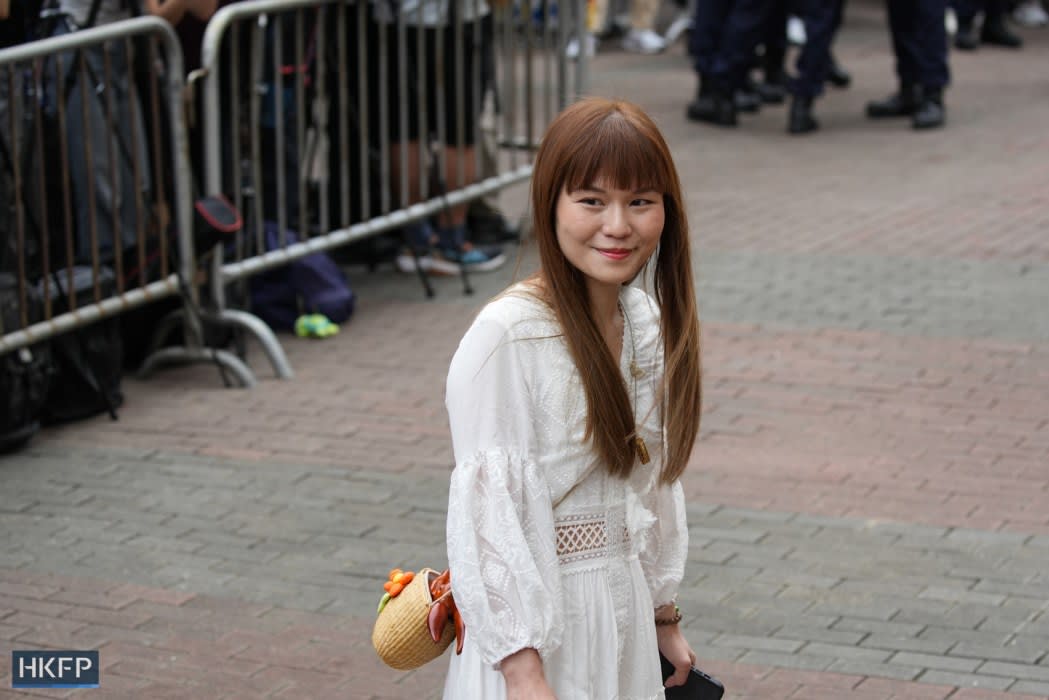
Addressing the seriousness of the case, Cheung said the scheme was in the “embryonic stage,” based on a “rather hazy agreement,” and was subject to “so many uncertainties and unknowns that it was rather transparent the conspiracy was pretty much up in the air.”
There was still a “long long way to go” before the scheme could be considered an imminent threat to national security, he added.
David Ma, representing former lawmaker Raymond Chan and ex-district councillor Kalvin Ho, said his clients’ public service should be a mitigating factor. Chan should be given a further discount on top of the three months he had been afforded given his eight years of service, he said.
“It is my respectful submission he deserves more than three months,” Ma added, noting that former government officials mitigated on Chan’s behalf, and that he had “worked hand in hand with the government and establishment camp.”
Senior Counsel Hectar Pun, representing ex-district councillor Tat Cheng, accepted that ignorance of the law was not a defence. But he said Cheng had sought legal advice and believed that his participation in the scheme was lawful.
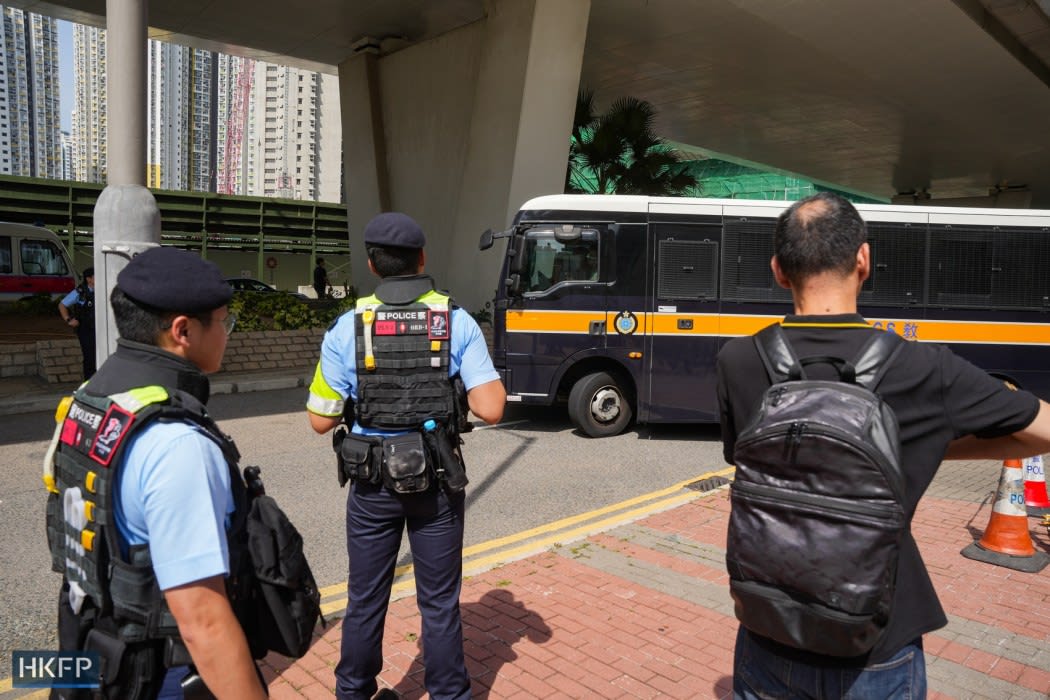
Cheng’s was “not a simple case of ignorance of the law, it is a case in which he was possibly misled,” Pun said.
Also representing veteran activist “Long Hair” Leung Kwok-hung, Pun said that his sentence with a starting point of seven years was “manifestly excessive.”
Activist Wong Ji-yuet’s lawyer Breanne Kwok also said her client’s sentence was excessive, and had failed to consider personal circumstances. Wong was born to a “good” family and regularly engaged in voluntary work — “obviously a young lady who cares deeply about social justice,” Kwok said.
Wong, who was sentenced to four years and five months after pleading guilty, is seeking a shorter jail term. Like Chow, she was also jailed over the July 1, 2019 riot case and was sentenced to three years and one month.
The national security judges ordered her sentence in this case to be served separately from the riot one, meaning she is serving seven and half years in prison.
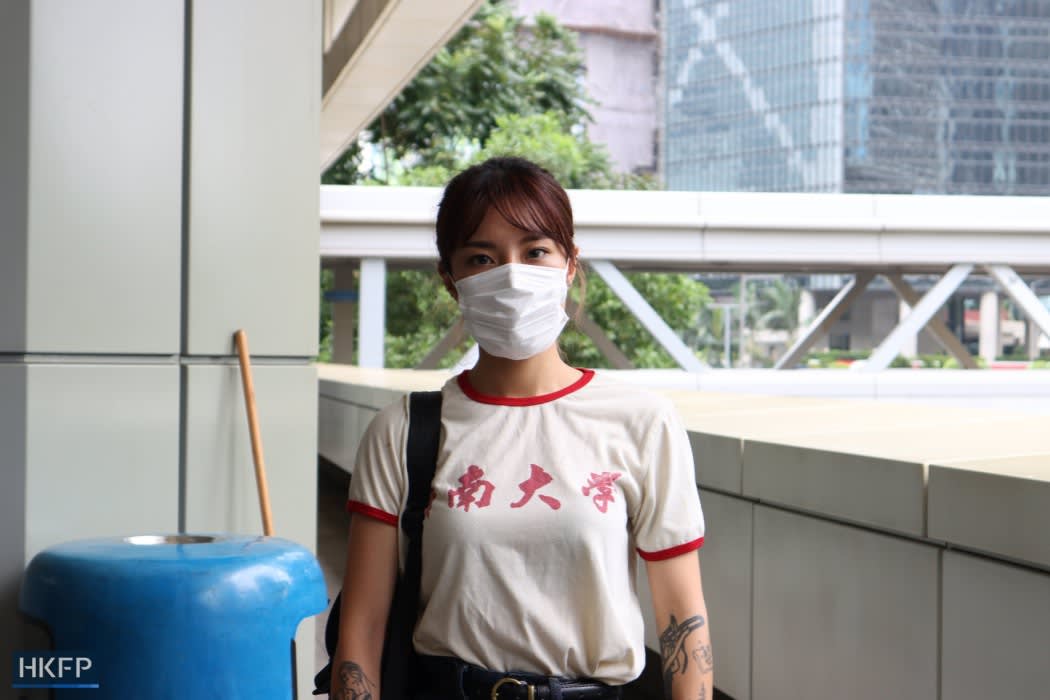
Kwok said she disagreed with the judges’ decision as “a matter of principle” because she was charged for the subversion case while on bail for the rioting case.
In response to the democrats’ submissions, government prosecutor Andy Lo maintained that the range of sentences fell “correctly” within the mandatory sentencing range between three to 10 years for defendants categorised as “active participants.”
There was “ample justification” for the sentences due to the “unprecedented gravity” of the case, Lo said, potentially ”beheading the executive branch.”
“All mitigation such as impossibility and public service are discretionary [and] judiciously exercised,” he said, adding that the sentences were not ”manifestly excessive.”
Demikianlah Artikel Hong Kong court to rule on appeals in city’s largest national security case within 9 months
Anda sekarang membaca artikel Hong Kong court to rule on appeals in city’s largest national security case within 9 months dengan alamat link https://www.punyakamu.com/2025/07/hong-kong-court-to-rule-on-appeals-in.html
0 Response to "Hong Kong court to rule on appeals in city’s largest national security case within 9 months"
Post a Comment